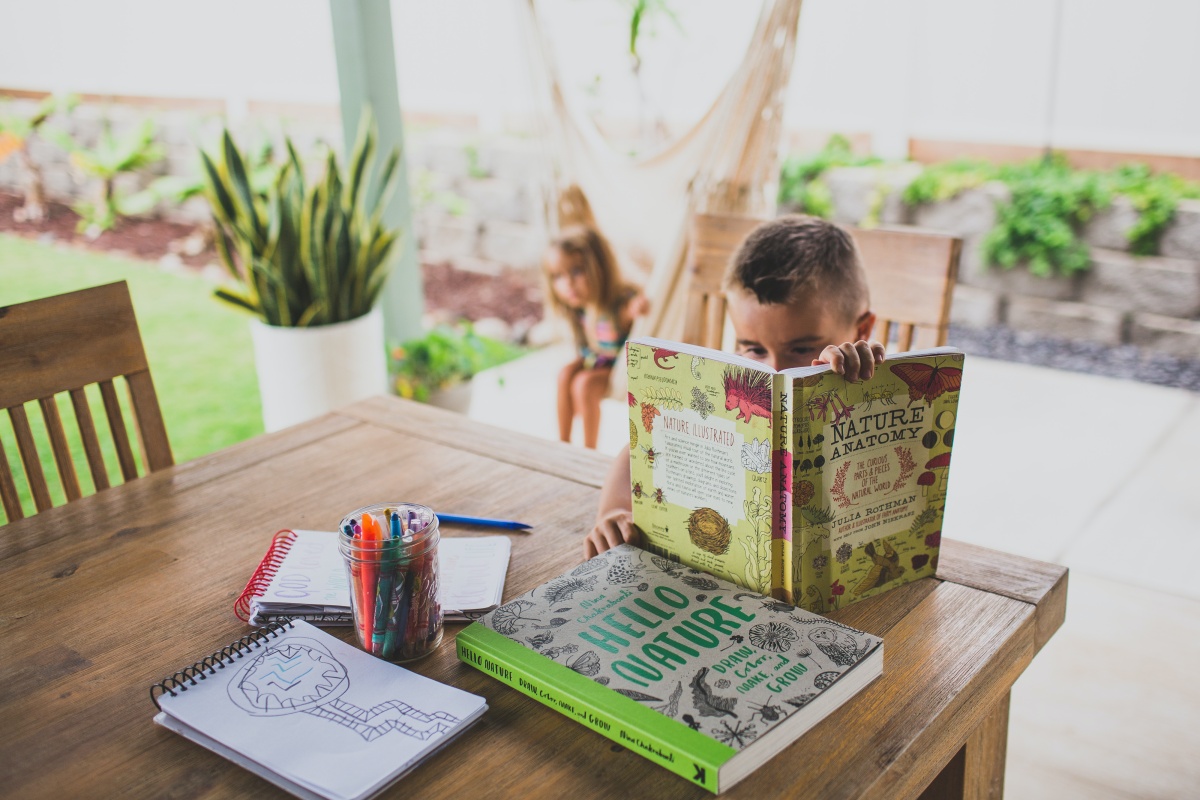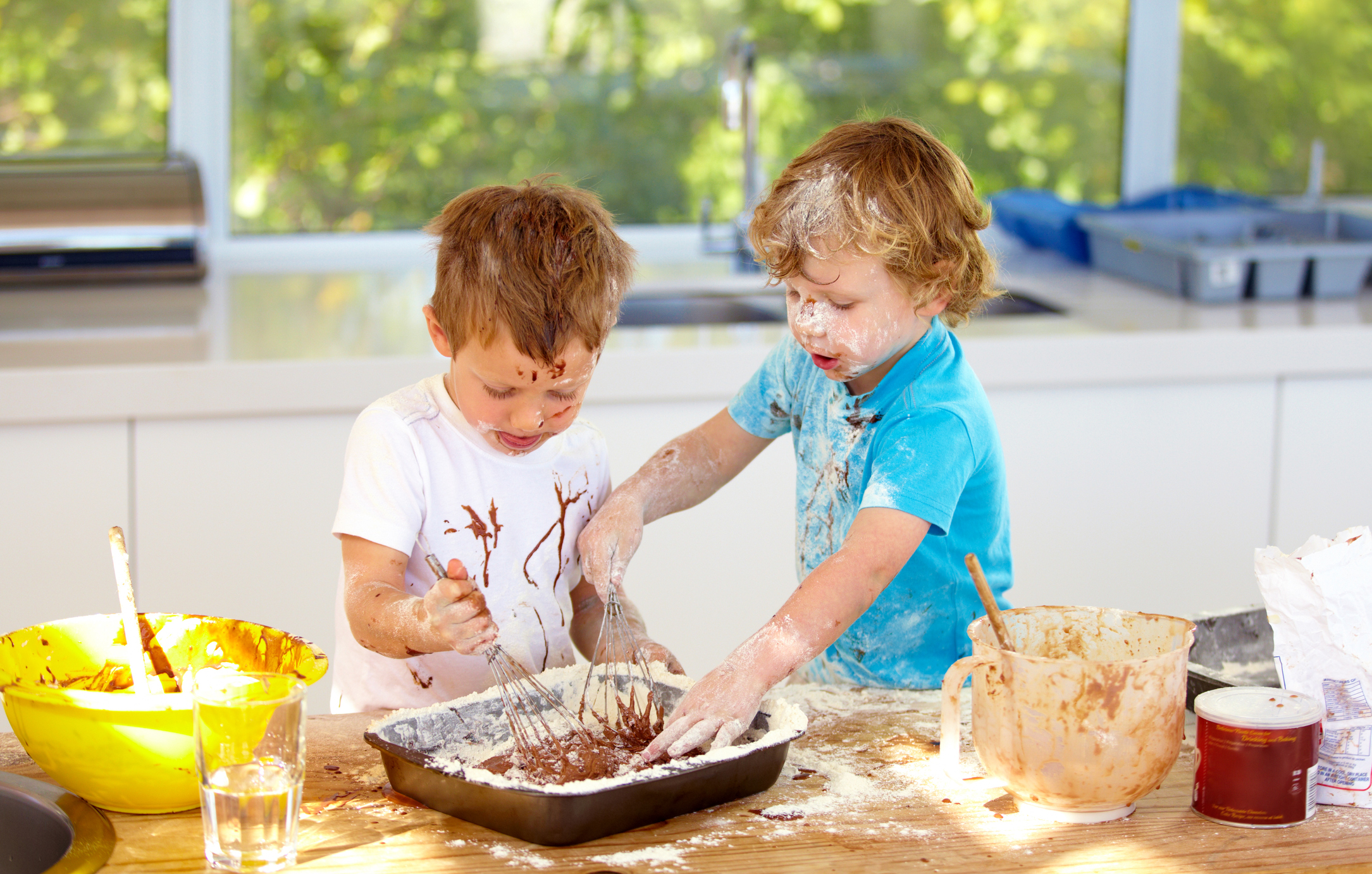
Here’s the thing: There aren’t many people who will spend as much time with your kid than their teacher does. In fact, your kid will spend about 9,000 hours with their teachers from pre-K through graduation. That’s a solid year of time another adult is teaching, leading, and pouring into your student. So, it stands to reason that it only benefits us to have a positive relationship with the person developing our kids when they’re not in our care.
We all have a story about that one teacher who treated us or our kids unfairly, sure. But for the most part, teachers teach because they care about kids. They definitely don’t do it for the money. Teachers earn about $120 less per week than professionals with similar skills and education. Teachers teach because they want to help. But their efforts are limited when there’s a gap between what happens at home and what happens at school. The most obvious bridge for that gap is communication—open, consistent, and without defensiveness.
It’s not uncommon, however, for there to be tension between teachers and parents—stymieing that invaluable transfer of information between home and school.
Here’s how that usually happens:
Parents are frustrated by the amount of homework sent home. (I mean, come on! Don’t they know how many sports practices my kid has each week?) They’re frustrated by either too much discipline or not enough. They’re frustrated by zeroes entered in the gradebook (because your child would never fail to turn in an assignment!).
On the other hand, teachers become annoyed when parents aren’t as engaged as they’d like them to be. (Would it kill you to open and read the emails we send?) They’re frustrated when parents blame them for their kid’s behavior. (Don’t they know you’ve got 35 souls in your charge? You’re just one person!) And they’re frustrated when parents expect them to parent.
Parents are tired. Teachers are tired. Kids are living in a post-Covid world that they’re unfamiliar with. We get it—everyone is working from a deficit. And there are often miscommunications on both sides, leading to a mutual frustration that doesn’t benefit the student.
No parent wants to be at odds with their kid’s teacher. And no teacher plans to have negative relationships with their student’s parents. If the common goal is the same—to provide the best educational experience possible for each student—then it shouldn’t be difficult to bridge the gap between what happens at school and what happens at home.
Here are three, simple ways parents can stay engaged with what’s happening at school from home:
- Ask your student questions. The best way to engage your child is to ask open-ended, clarifying questions about their day. Their answers will not only give you insight into what happened when you were apart from each other, but will also give you something to talk about with their teacher. If your kid reports something that doesn’t make sense, get clarity. Don’t hesitate to reach out to the teacher for confirmation, and to keep an open mind. Sometimes, your kid can misunderstand (or straight up lie), and all it takes is an email to gain understanding.
- Read what teachers send home. Teachers send emails so parents can keep up to date on what’s happening with their student. Read these! Not only will it keep you in the loop and decrease teacher frustration, but it’ll also allow you to have a richer conversation with your kid about their school life. If your teacher enters grades, check them . . . regularly. Don’t wait until report cards are about to be released before you panic over six failing grades posted weeks ago.
- Give teachers feedback. As parents, we’re quick to send feedback when something goes wrong. But how often do we send feedback when things go well? Send a quick email or text to your child’s teacher telling them how much you appreciate something small they did this week in your child’s classroom. They’ll be appreciative!
Parents, this is one relationship that you may have to take the first step in. Even if you’ve had negative interactions so far, it’s not too late to mend fences and create a new dynamic between you and your kid’s teacher.
All good relationships are two-sided. It doesn’t require much effort to bridge the gap between home and school, but it does take some. The end-result is healthy communication, support, and the knowledge that you’re maximizing one of the most important relationships in your kid’s life.




